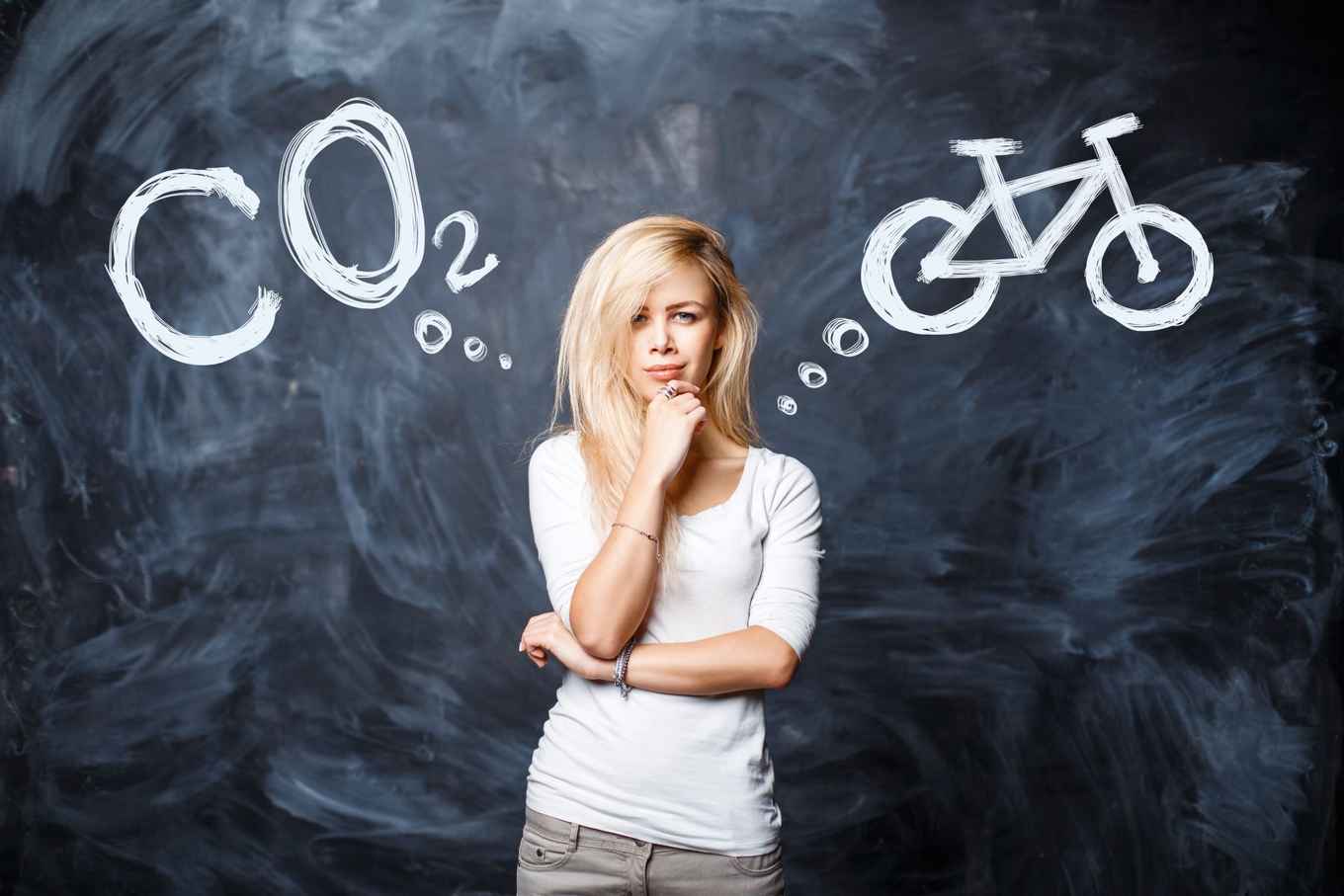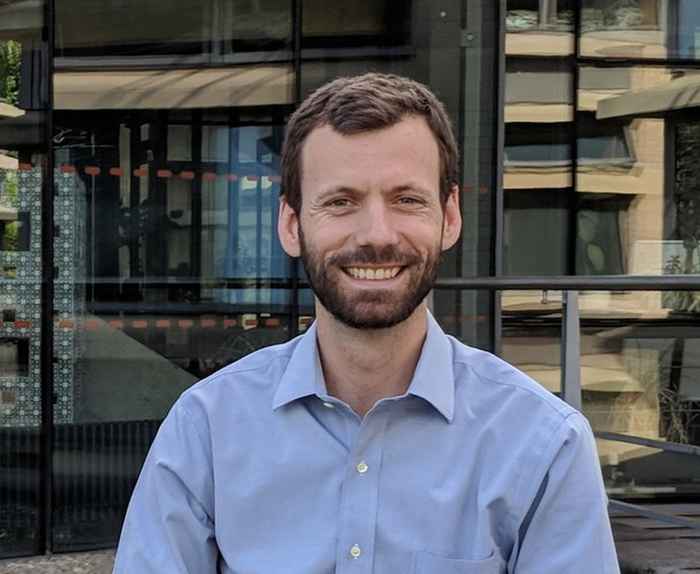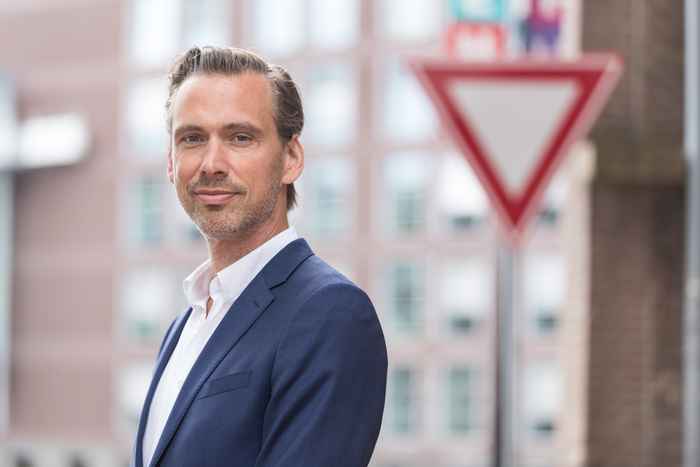Why a fundamental problem of climate change is psychological
28 September 2021

The paradox of a healthy planet
When talking about human behaviour and climate change, let’s first start with the paradox of the health of our planet. At a societal level, we would all be better off if everyone acted sustainably, but at an individual level, behaving unsustainably is typically the default, easier, less costly. How to explain this?

‘This is not a unique paradox’, says Cameron Brick, assistant professor of Social Psychology. ‘We often see that our goals and interests are not aligned with our behaviour. We want to have loving, easy, good communication with our loved ones, but we fight. We want to save money for retirement, but we don't. We want to eat healthy and live long, but we smoke and don't exercise.'
What makes the climate paradox unique, explains Brick, is the enormous scale and how incredibly disconnected our current actions and the environmental consequences are. ‘Abstract and invisible threats aren’t terrifying to brains that evolved to solve local, experiential and imminent problems. It is very hard to think that our drive around the block affects something in Bangladesh 50 years from now.’
Psychological distant things have little or less impact

Frenk van Harreveld, professor of Social cognition and behavioural change in relation to sustainability and safety, strongly agrees with Brick. ‘The benefits of unsustainable behaviour (like price or convenience) are usually at an individual level and immediate. The gains of sustainable behaviour and the impact of climate change feel more far away. This summer, the North suffered from forest fires and floods, but for a very long time climate change has been something that felt what we call “psychologically distant”. And psychological distant things have little or less impact.’
Van Harreveld thinks that emotional appeals and narratives that bring climate change closer can help persuading people to change their behaviour. ‘But there is not one strategy that will lead to the best kind of behaviour for all. We increasingly know how important it is to understand individual drivers behind behaviour, such as attitudes and social norms.’
When companies do not pull in their weight, consumers can experience injustice and be less willing to change

Maria Zwicker, PhD candidate at the Social Psychology department, adds the diffusion of responsibility to this concept of psychological distance. ‘At an individual level, it is often difficult to see how your simple daily routines, like drinking a cup of coffee or washing your hair with shampoo, have a larger impact elsewhere. But there is also the issue of diffusion of responsibility at play here. How much of a responsibility do we have as citizens? People can wonder why they still have the choice to buy unsustainable products that contribute to the problem. And when seeing industrial areas blasting out smoke when driving by, it is hard to imagine how the plastic lid of your cup of coffee would make a difference. When consumers feel policy and companies do not pull their weight, they might experience this as injustice and feel less willing to change.’
Should we be more afraid?
Fear of climate change is often mentioned as trigger to make people change. Brick, van Harreveld and Zwicker warn that just making people afraid for climate change will not work, definitely not in the long term. ‘In the field of health behaviour there is a lot of research on using fear to change people's behaviour’, explains van Harreveld. ‘But we generally see that the impact on behaviour is stronger if you also provide people with a sense of self-efficacy.’ And a sense of hope and an anticipated joy of building places that are better for us and our children, adds Brick. ‘We have had 30 years of doom about the climate. That is a part of the climate narrative but what we miss is getting excited about a future we really want for more reasons than keeping our feet dry.’
Thinking about other people around us influences prosocial behaviour
In several studies Zwicker found that guilt and negative emotions can trigger people to change, but not for the long term. ‘People do not like feeling guilty for long and will try to find ways to get rid of that guilt. Like justifying flying three times a year because they recycle their garbage and always bike to work.’
With other colleagues Zwicker investigated if positive emotions could stimulate sustainable behaviour in the long term. ‘Interestingly, it is not necessarily specific emotions that influence behaviour, but the mechanism through which those emotions work. The more people feel connected to other people and nature, the more prosocial behaviour can be stimulated.’
We need to first understand people’s beliefs and attitudes
Before moving towards behavioural change, we thus first need to understand and measure the conceptions, beliefs and attitudes people have and why people think the way they think, underline Brick, van Harreveld and Zwicker. ‘This will help to communicate responsibly and trustworthy about sustainable issues and connect to the different interests of people and their values. Why you insulate your house might be for different reasons than why you would eat less meat.’
At the department of Psychology researchers develop models to measure this. ‘Models that capture psychological, economic, social and other relevant factors that all contribute to behaviour in a certain context’, explains van Harreveld.
Make sustainable behaviour easier
As closing note, van Harreveld stresses to clearly differentiate between attitudes and behaviour. ‘We should not only focus on changing people's attitudes, but also on lowering the threshold towards sustainable behaviour. When it comes to sustainability, a lot of people have positive attitudes and they want to do the right thing, but they find it difficult to translate this positive attitude into behaviour. Think of the amount of plastic you typically come home with after a trip to the supermarket while you really want to use less plastic. We should also make sustainable behaviour easier.’